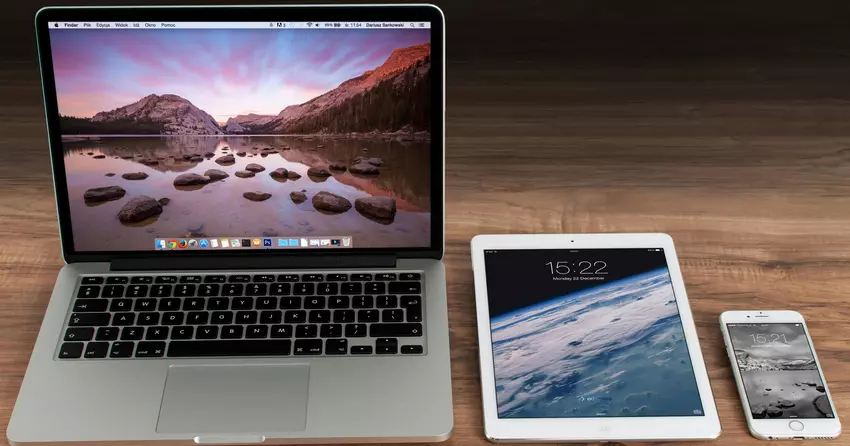
Apple To Pay $95 Million in Lawsuit Over Siri’s Eavesdropping
On New Year’s Eve, Apple filed an agreement to pay $95 million to settle a 2019 class-action lawsuit. The lawsuit accused the tech giant of recording users through its voice-activated virtual assistant, Siri, and sharing those recordings with third parties without consent.
As part of the settlement, aggrieved parties can receive up to $20 per Siri device for up to 5 devices. In exchange, members of the class will release Apple of all damages, meaning they may pursue no further legal action relating to the original claim.
Apple has also agreed to confirm the permanent deletion of individual recordings made by Siri before October 2019 and publish a webpage providing instructions for users to opt into the “Improve Siri” option within six months.
The plaintiffs filed the class-action suit soon after a British paper, The Guardian, revealed that Apple devices with Siri routinely recorded users. Apple subcontractors often listened to these recordings to grade the assistant. During grading, they reviewed anonymized audio to confirm whether people actually said, “hey, Siri.” In many cases, they did not. These recordings sometimes included personal details you might have expected to remain private.
“There have been countless instances of recordings featuring private discussions between doctors and patients, business deals, seemingly criminal dealings, sexual encounters, and so on. These recordings are accompanied by user data showing location, contact details, and app data,” a whistleblower told The Guardian in 2019.
The lawsuit, which argued Apple violated the California Invasion of Privacy Act, references the Guardian article in its allegations. The class period runs from September 17, 2014, to December 31, 2024, starting with Siri’s incorporation of the “hey, Siri” activation phrase that allegedly triggered the recordings.
In its settlement agreement notice, Apple denies any wrongdoing. According to Reuters, the $95 million settlement equates to roughly nine hours of profit for the company.
The case still requires final court approval, but Apple now faces another legal battle. In March of last year, the US Department of Justice filed an ongoing antitrust lawsuit against the tech giant, alleging it engaged in monopolistic practices that could harm competition and consumers. Although Apple has faced similar scrutiny before, this new challenge may take months or even years to resolve.















